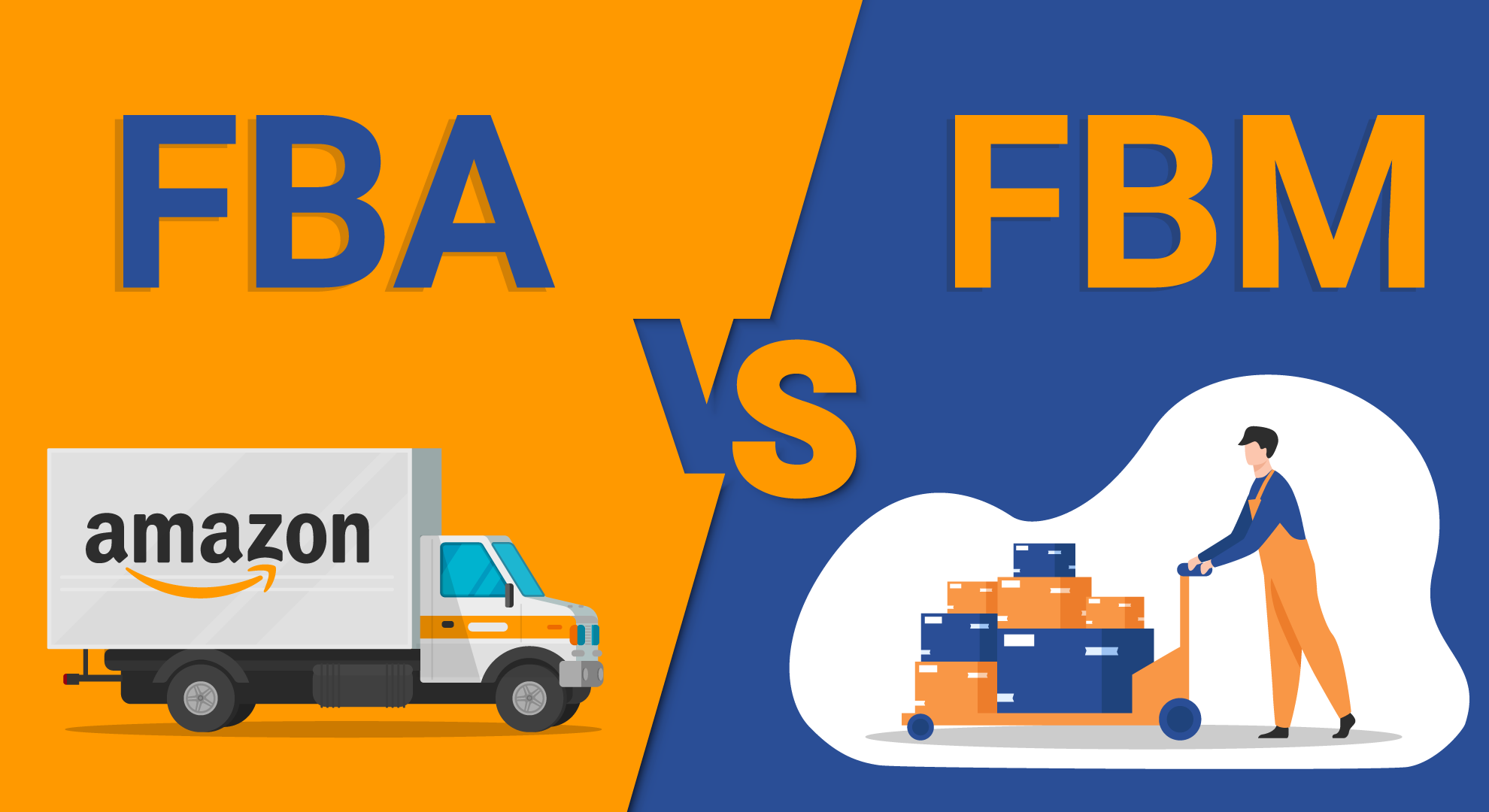by Alberto Orsini, ORSINI Treuhand AG, Expert for Online Commerce
Selling on Amazon can be a lucrative business opportunity for both established businesses and startups. Two of the most popular and widely used methods are Fulfillment by Amazon (FBA) and Fulfillment by Merchant (FBM). In this article, we will explore the differences between FBA and FBM, their respective advantages and disadvantages, and important factors Swiss merchants should consider when just getting started with Amazon FBA.
What is Amazon FBA?
Fulfillment by Amazon (FBA) is a service where Amazon handles the warehousing, shipping, and customer service for your products. As a merchant, you send your products to an Amazon fulfillment center, and Amazon handles your orders from there. In addition, your products will qualify for Prime shipping, which is an added incentive for Amazon customers.
Advantages of Amazon FBA
1. simplicity and convenience: Amazon takes care of logistics and customer service, so you can focus on other aspects of your business.
2. Amazon Prime: FBA products qualify for Amazon Prime, which can lead to more visibility and potentially higher sales.
3. credibility and trust: Customers trust Amazon and its fulfillment services, which can increase trust in your products.
Amazon FBA Disadvantages:
1. costs: Amazon charges for storage and fulfillment, which may vary depending on the size and weight of your product.
2. loss of control: you have less control over the shipping and customer service process.
3. inventory management: it can be difficult to manage inventory properly, especially with seasonal fluctuations.
What is Amazon FBM?
Fulfillment by Merchant (FBM), also known as Merchant Fulfillment, means that the seller retains full control over the entire sales and shipping process. Merchants store, pack, and ship products themselves or with the help of a third-party vendor.
Amazon FBM Advantages:
1. Control: You retain control over the entire sales, shipping and customer service process.
2. cost savings: You save on Amazon FBA fees, especially for heavy or bulky items.
Amazon FBM Disadvantages:
1. labor: you are responsible for packing, shipping and customer service, which can be very time-consuming.
2. no Amazon Prime: FBM products are usually not eligible for Amazon Prime, which may limit the sales opportunities.
What is better for Swiss merchants who want to start with Amazon FBA?
For Swiss merchants just getting started with Amazon FBA, the decision between FBA and FBM depends on several factors, including product type, shipping costs, company size and goals.
A key benefit of FBA for Swiss merchants is the ability to access the international market without having to worry about logistical challenges. However, the higher cost of the FBA program, especially storage costs, can be a hurdle for smaller businesses. In such cases, FBM could be a cost-effective alternative, although it requires more responsibility and work.
The most important thing is that you, as a dealer, consider your individual needs and goals. A good place to start is with a thorough cost-benefit analysis to understand which option is best for your business.
ORSINI Treuhand AG advises and supports new merchants in their decision-making process and helps them to develop the best strategies for their Amazon sales. Our expertise in online commerce is focused on helping you make informed decisions based on your specific business model and goals.


